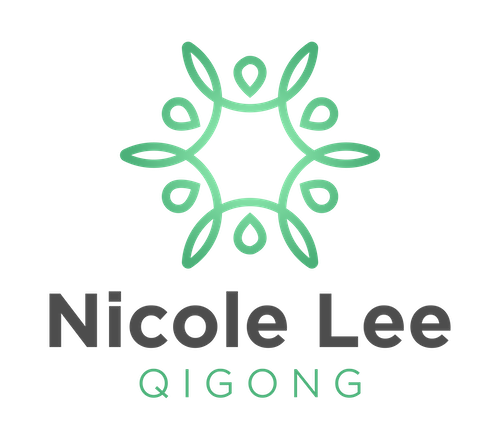Mastering Harmony Within Chaos
How do you respond when someone speaks to you with aggression or spite? What is the correct response? What is the kind response? How can we stay emotionally regulated at times like this? How can we not take it personally?
It’s pretty challenging, right.
Often the festive season and as the year draws to a close there’s a long list of tasks and expectations. Family gatherings can be fun but there’s sometimes strained relational dynamics to navigate too.
Emotional guardianship…
As adults, we get to choose our inner circle—the people we share our time and energy with. Sometimes we decide to limit or disengage with family members or people we’re related to so as to avoid hurtful or harmful situations. Our inner protector rises up to shield us from feelings that are uncomfortable, and our nervous system reacts in preparation for fight or flight.
Often, when people exhibit aggressive or belligerent behavior, they themselves are emotionally deregulated. Sometimes it could arise from their point of view coming from a closed mindset. In the instance of a child or adolescent, they probably haven’t developed the aspect of their prefrontal cortex that enables healthy judgment. Sometimes it seems that adults haven’t developed that part of their brains either!
One of my favorite pieces of wisdom is the idea that nothing anyone ever does is about you… it’s always about them. What they say, what they do, and the feelings they experience are about their own (heart)mind. Their ideas and behavior come from their own memories and experiences that have shaped them into who they are and the lens through which they perceive the world.
Transforming tension: Qigong wisdom for emotional freedom
Within my inner circle, my chosen family, I don’t often have these types of interactions—thankfully. When I do, though, it’s at those times when the simplest Qigong practices are super helpful. Things like full-torso breathing, cleansing breaths, heart-sound-toning, and even more yang-style breath and toning techniques that sound a bit like a shriek or roar.
Ultimately, what we’re seeking is to soothe the nervous system and regain emotional equilibrium. We can’t engage in kind and loving interaction when we’re in protector mode. We can’t engage in radical self-honesty and the pursuit of the development of Self when we’re feeling threatened. When we’re deregulated, we can’t have lucid, heart-centered, and calm interactions.
I’ve observed that when someone engages with me in a way that feels unnecessarily aggressive or hostile, my instinct is to defend myself; I seek to assert dominance. This behavior has developed in me through my personal experiences of life. Some people respond in the opposite way—they become passive, even submissive. My tendency to go into protector mode in these types of situations traces back to a core need to feel accepted, approved of, and viewed as an authority.
“Emotional self-regulation is not the suppression of feelings; it’s the ability to express the energy of the emotion in a socially acceptable way.”
When we recall our innate acceptance, lovability, and worthiness, we reclaim a portion of our true selves. The perceived core need that we have sought to fulfill from the external world and from other people can then begin to diminish. Often, with a deep core aspect of ourselves like this one, we need to let go of it over and over again. We need to practice remembering that we are unconditionally valuable, autonomous beings.
Over the past 10 years, I’ve found that Qigong, both the simple techniques I mention above and the deeper expressions of practice, have helped condition my nervous system into a locus of balance. When I experience events, situations, and people that affect my emotional state and elicit a stress response, I can more easily and quickly return to homeostasis, clarity, and self-acceptance. Qigong has helped me not only in a physical and emotional sense, but its principles and philosophies guide me in my mental and psycho-spiritual development.
At its core, Qigong is the practice of harmonizing body, mind, and spirit. In Daoist philosophy, these facets of the self are considered the Three Treasures. The world around us, the macrocosm, as well as our inner world, the microcosm, are constantly inviting us to cultivate harmony and balance.
Check out some of the simple Qigong techniques for calming your nervous system and returning to emotional balance at my Insta.
Next LIVE ONLINE group program is February 2024. Check out the schedule here.
Join me for in-person Qigong in Melbourne, next workshop February 2024.



